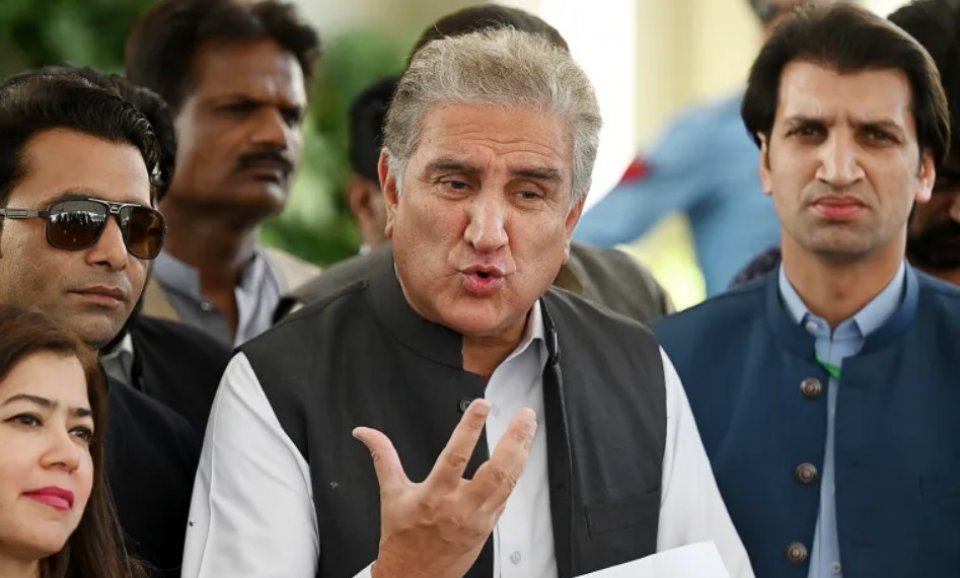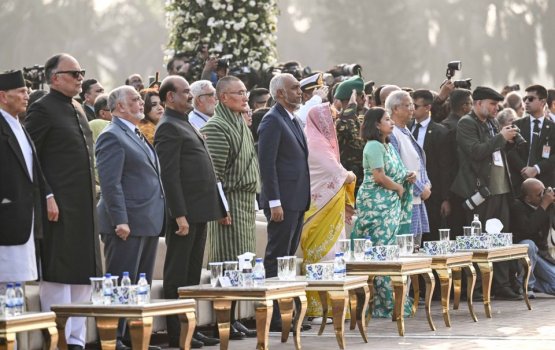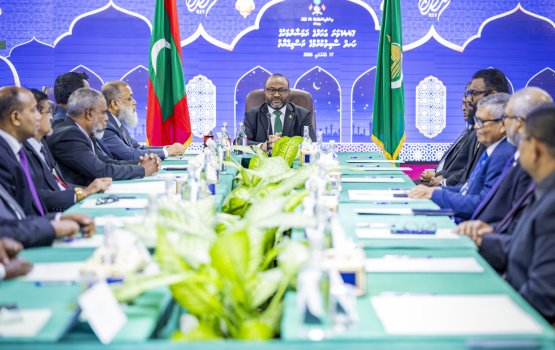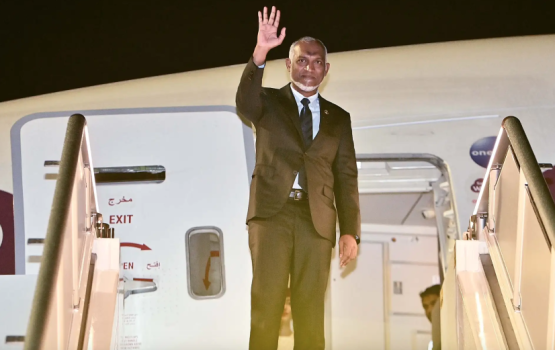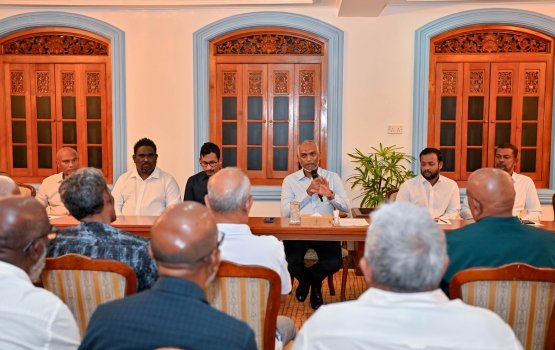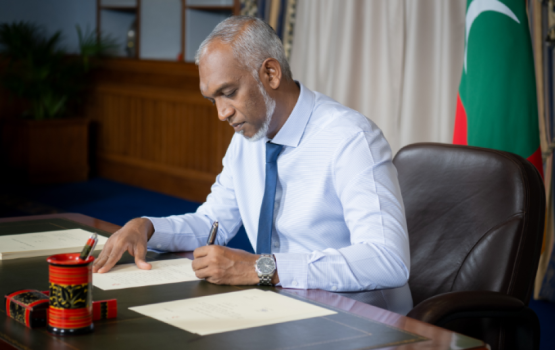Shah Mehmood Qureshi, former Pakistan foreign minister and a close aide of imprisoned former Prime Minister Imran Khan, has been detained after officials accused him of misusing a diplomatic cable for political gain.
Khan had claimed that the United States was behind a conspiracy to topple his government as he tapped into anti-American sentiment in a bid to mobilise support ahead of a no-confidence vote last April. He resigned after losing the vote, and later said he was aware of a secret cable – known as the “cypher” – that showed the US was behind his ouster. The former prime minister never revealed the content of the cable and later walked back on his allegations against the US.
Earlier this month, The Intercept, a US-based media organisation, published the content of the “cypher”, which suggests the US administration wanted to remove the former prime minister from power last April.
Qureshi’s arrest on Saturday came hours after he held a news conference, announcing that his Pakistan Tehreek-e-Insaf (PTI) party would challenge any delay to the country’s election in the courts and demanded a “level playing field” for the party in the country’s upcoming general elections.
He has been leading the PTI since Khan’s arrest earlier this month. Thousands of its members, including top leadership, have been arrested in a crackdown since May apparently at the behest of Pakistan’s powerful military.
Pakistan’s interim Interior Minister Sarfraz Bugti said the PTI vice president was arrested in connection with the “cypher” case and his alleged role in exposing official secrets and harming state interests.
“All those nominated in the case will be arrested as per the law,” Bugti told reporters.
The Federal Investigation Agency (FIA) has registered a case against Khan and his close aides including Qureshi for sharing information on the cable and violating the Official Secrets Act.
The agency has expanded the scope of investigations after the secret document was published by The Intercept, which has said that the source of the secret cable was a military official and not Khan’s PTI party.
“There is no justification to arrest Qureshi in the cypher case since he was already cooperating with the investigators,” PTI said in a statement.
The party said Qureshi was being punished for not parting ways with Khan and exposing plans to delay the general elections.
Qureshi had announced that his party would ask the top court to ensure elections within 90 days as per the constitution, which the electoral commission has said was not possible.
“It will be unconstitutional if the 90 days deadline is breached,” Qureshi told Saturday’s news conference.
PTI chairman Khan is barred from contesting any election for five years in one of the dozens of cases filed against him since his ouster last year. The cricketer-turned-politician denies any wrongdoing.
‘Arrested for stance against pre-poll rigging’
PTI spokesperson Zulfi Bukhari condemned the arrest on the social media platform X, formerly known as Twitter, saying he was “arrested for doing a press conference and reaffirming PTI stance against all tyranny and pre-poll rigging that is going on currently in Pakistan”.
The election is meant to be held within 90 days of parliament being dissolved last week, by November, but uncertainty looms over the date as the nation grapples with constitutional, political and economic crises.
The outgoing government approved a new census in its final days, meaning new electoral boundaries must be drawn up by the Election Commission.
The exercise of drawing fresh boundaries for hundreds of federal and provincial constituencies in a country of 241 million people may take six months or more, according to a former commission official.
The election commission said on Thursday that new constituencies would be finalised by December 14, state television reported. After that, the commission will confirm an election date.
Anwaar-ul-Haq Kakar, a little-known politician, was sworn in as prime minister on Monday.
Caretakers are usually limited to overseeing elections, but Kakar’s set-up is the most empowered in Pakistan’s history thanks to legislation that allows it to make policy decisions on economic matters. (AlJazeera)

